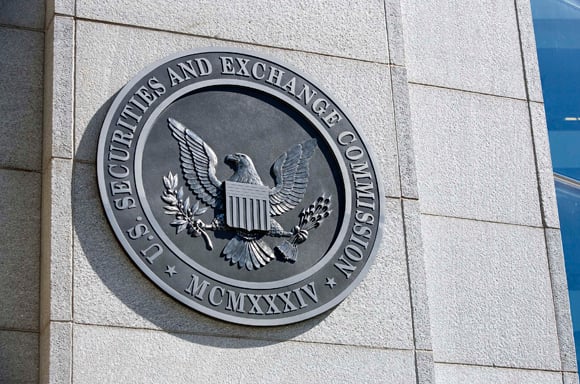Opponents of a pending money-market reform proposal from the Securities and Exchange Commission have opened up a new front in the war, asserting that it threatens retirement savings.
In a letter to the SEC on Tuesday, a dozen organizations argued that the potential changes — which could include allowing a funds' net asset value to fluctuate beyond the traditional $1 or setting capital requirements with redemption restrictions — would erode money funds' role as a conservative and liquid part of a retirement portfolio.
“In our view, these proposals, taken alone or in tandem, would fundamentally alter the structure of money market funds, rendering them far less desirable — if not unusable — for retirement savers and the plans they participate in,” the letter states.
Among the signers: the Investment Company Institute, the Financial Services Institute, the Securities Industry and Financial Markets Association, the American Society of Pension Professional & Actuaries, the National Association of Insurance and Financial Advisors and the U.S. Chamber of Commerce.
The SEC could be
poised to issue a money-fund reform proposal as soon as Aug. 29. SEC spokesman John Nester declined to comment on the letter and said that the agency has not scheduled a meeting date.
For months, SEC Chairman Mary Schapiro has argued that a run on money funds would pose a grave risk to the financial system and could put taxpayers on the hook for a bailout. She maintains that new rules are required to prevent a collapse like the one experienced by the Reserve Primary Fund in 2008, when it “broke the buck.”
She has faced strong resistance from the financial industry, which has argued that money funds are among the safest investments on the market and that reforms implemented in 2010 to strengthen liquidity and credit requirements are sufficient.
In the letter, opponents for the first time highlighted what they call the threat to retirement savings. Of the $2.6 trillion held in money market funds, about $375 billion is held in 401(k) and individual retirement accounts. The industry letter said that money funds offer a “conservative investment option in many plans” which allows diversification and acts as a source for easily available cash.
“It's crucial that the SEC hear from the investor community, in particular the pension and retirement community, who use money funds as an important cash-management vehicle,” said David Abbey, ICI's senior counsel for pension regulation.
Money market funds allow more flexibility in 401(k) plans, for instance, than stable-value funds, according to Mr. Abbey. Money put into a stable-value fund is generally subject to limits on transferability.
“There are no good alternatives [to money funds] in the retirement marketplace,” Mr. Abbey said.
The structural changes being considered also could pose operational problems for retirement plans.
“To implement floating values or redemption restrictions, intermediaries would need to change thousands of systems that support broker-dealers, banks, insurance companies, trusts, 401(k) record keepers, or other institutions tasked with processing money market fund transactions for their clients,” the letter states.
One goal of the letter is to take the debate over money-fund reform – which has been fought between the financial industry and federal regulators – to the consumer level.
“We are acutely aware of the importance of money market mutual funds to Main Street investors,” FSI chief executive Dale Brown said in a statement. “These investors look to money market funds for liquidity, diversification and convenience, along with a market-based yield.”







